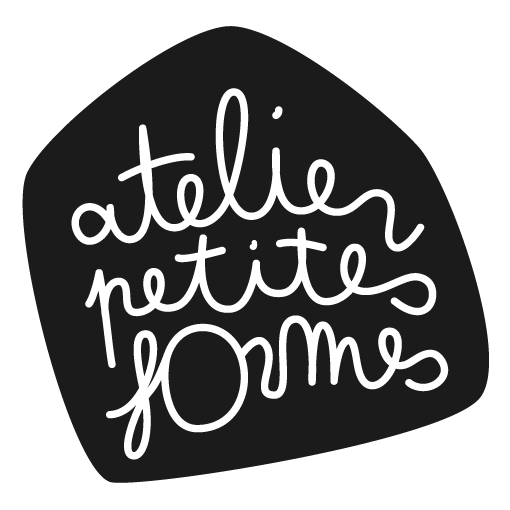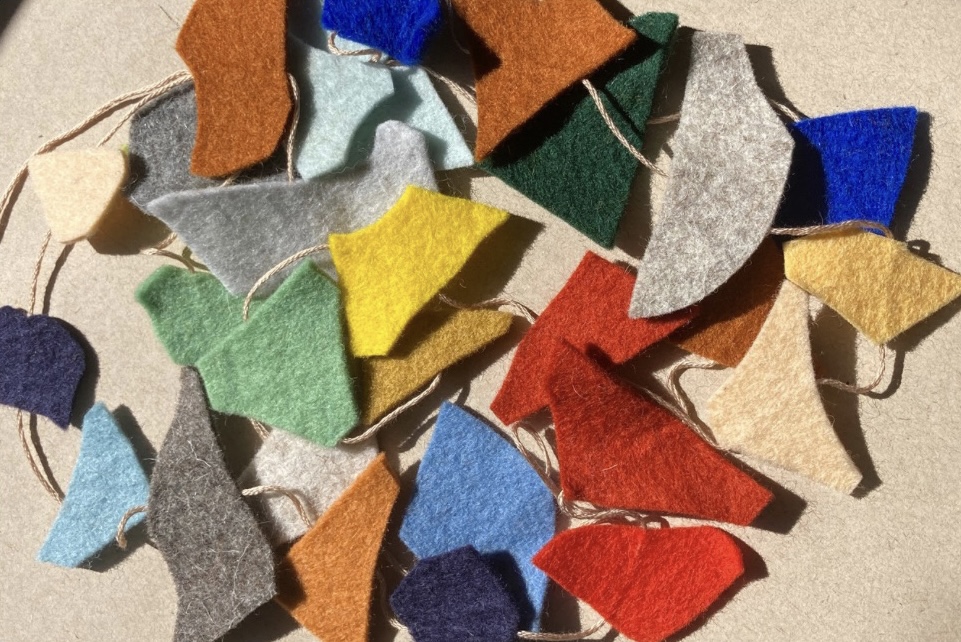Is producing new objects in our world of overconsumption and overproduction green?
Spring has arrived, and with it its share of existential and important questions. Atelier Petites Formes blew out its first candle in February 2023 and I'm grateful to you for accompanying me on this artistic, creative and independent adventure.
So this spring is a time for me to take stock, to grow from my first year of experience, to adjust, to keep my course in sight... That explains my silence of late!
The big question that came to mind was how to add products to a world that is overproducing. Does producing new toys in a saturated market make ecological sense? In short, is my approach really eco-responsible?
I pay attention to every product we consume, whether for food, hygiene or our material needs, such as equipment and clothing. Before I buy, I ask myself: how is this object produced? where is it produced? under what social conditions? what is its environmental impact? And above all, I ask myself again: do I really need it? do I already have something that I don't use that could fulfil the same function, for example by being diverted? or again, how could I manage the end-of-life of this object? And so on.
It was necessary for me to remember why I make objects and why it makes sense in our society.
Since I've been producing objects and toys, I've become even more aware of what I'm consuming, of what is being produced in the world every second of every day. And it makes you dizzy, a hallucinating fever.
The current trend is towards sobriety in words (not in deeds for everyone on this planet, we're well aware of that...) and it's an approach that I'm committed to as a consumer and also as a designer.
Atelier Petites Formes is a step away from the unreasonable mass production of the toy industry. It's a consumer alternative in many ways. Atelier Petites Formes offers you..:
-Supporting a craftswoman at a fair and equitable price rather than supporting large retailers who produce toys in unjust and abusive social conditions.
-Supporting local creation and production, safeguarding local know-how and culture (before the industrialisation of the toy industry in France, the poorest parents made toys for their children themselves and the richest bought toys from small manufacturers) rather than buying toys made on the other side of the world in polluting factories.
Choose materials that are healthy and natural for children, rather than those that are known to be hormone disruptors and polluting throughout the toy's life because they are petrochemical-based.
Choose toys that are free and non-gendered: they will be playmates for all children through the ages and according to their imagination. Rather than toys marketed according to the child's sex and age, with a specific and limited use.
We talk a lot about the textile industry and the huge problems that fast fashion has for our environment and our health. Let's talk about the toy industry!
I've chosen to take up the subject and invite you to follow me in this movement of reflection and alternative, conscious consumption of authentic, simple, quality toys for your children.
Thanks for reading, feel free to come and discuss it with me on Instagram ♡


